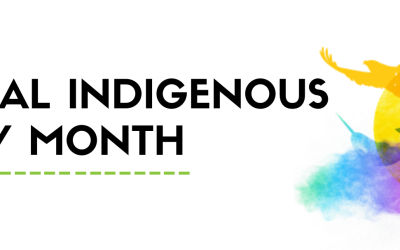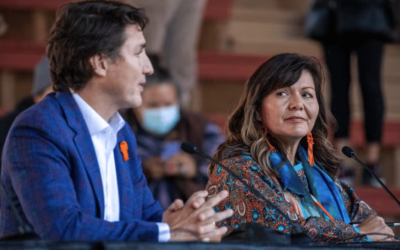Residents of Canada’s First Nations should begin to see noticeable improvements in the quality of their drinking water sooner rather than later.
While the condition of water and sewage treatment systems on many reserves is a serious concern, significant resources have recently been invested in First Nations water systems.
Since 2006, nearly $3 billion has been invested to support First Nations communities in managing their water and waste infrastructure, and some progress has already been made.
.
Between 2011 and 2013, the number of First Nations with water systems that are considered high-risk with major deficiencies has been reduced from 27% to 19%.
The amount of water systems ranked as medium-risk level is now 43%, while the amount of systems that are low-risk is 38%.
It’s a significant improvement, but more action must still be taken.
Research suggests that water quality problems affect a large number of rural communities in Canada, and the problems are by no means limited to First Nations.
The most common culprits are the quality of groundwater and sources of contamination.
If Aboriginal Affairs sticks to its current investment strategy, hopefully substandard water and waste infrastructure on First Nations may soon be a thing of the past.
I’m Roger Currie. Join us again next week for more thoughts on the Frontier.
For more on Aboriginal policy, visit our website www.fcpp.org.


